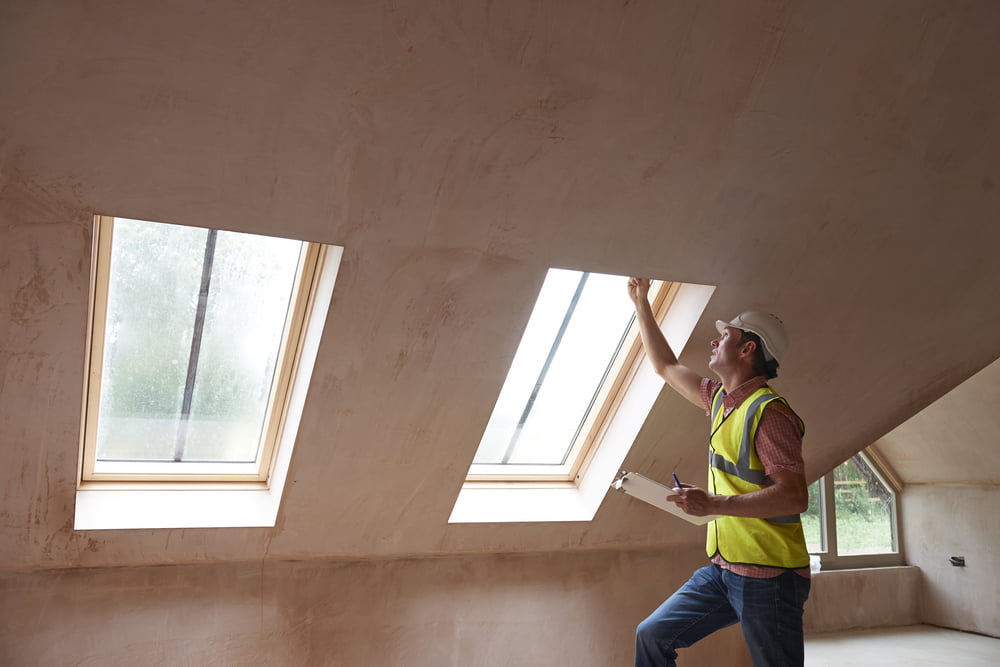Queensland’s got one of the country’s toughest regimes when it comes to the regulation of building inspectors. If you’re buying a property and plan on getting a pre-purchase building inspection, that should be music to your ears. But the level of service each individual qualified building inspector delivers can vary substantially.
The quality and thoroughness of the inspection is the only safety net protecting you from making what could potentially be the greatest financial mistake of your life. Here’s how you can make sure you pick a qualified building inspector for your pre-purchase building inspection.
What qualified building inspectors do
A building inspector is a person who’s undergone rigorous training and has sufficient experience to carry out a visual inspection of a property. Their role is to assess and document any defects in that property. Most commonly, a building inspector will be engaged by a potential purchaser to carry out a ‘pre-purchase inspection’. That means a comprehensive visual inspection of a property that’s on the market for sale.
Your building inspector will inspect the interior, exterior, roof surface, roof space and sub-floor areas of a residential property. In doing so, they’re looking for ‘defects’ in the property. Defects are problems that can cost you money or even pose a significant danger to you or your health. That might include structural problems or even problems with drainage, subsidence, asbestos or termites – and that’s just for starters.
After carrying out a thorough inspection, your building inspector will prepare a written report. The report then assists you, the would-be purchaser, in deciding whether to proceed with purchasing the property.
Sometimes a building inspector will be asked to carry out an inspection by the owner of the property. This can occur in circumstances where there’s some concern about the property or if the owner is thinking of selling the property and wants to rectify any defects prior to putting the property on the market.
Regulation of building inspectors in Queensland
So, who regulates building inspectors? In short, the Queensland Building and Construction Commission (the QBCC) is the regulatory body that oversees and regulates building inspectors in this state.
They also apply strict standards that building inspectors must meet to be recognised as qualified to carry out certain types of inspections. In relation to pre-purchase inspections, the QBCC adopts Australian Standards, in particular, AS 4349.1, in its QBCC Completed Residential Building Inspection Scope of Work. The QBCC also imposes tough requirements as to the type of courses that a person must complete and the experience they must acquire before they can be regarded as a qualified building inspector in Queensland.
Licensing of building inspectors
A person must be licensed before they can be regarded as a qualified building inspector. Licensing of building inspectors is also regulated by the QBCC. There are many different types of licences available, so it’s important that any person you commission to do a pre-purchase building inspection has the right licence for the task at hand. In the case of a pre-purchase building inspection, you should insist that your inspector holds a current Completed Residential Building Inspector Licence.
Not only does the QBCC oversee the issuing of licenses to builders and building inspectors. It also sets up an important complaint-handling process and imposes penalties for non-compliance with the rules which can ultimately see a building inspector lose their licence if they don’t comply.
The long haul to becoming a qualified building inspector
Before becoming a qualified building inspector, an applicant must have either:
- worked as a qualified builder and have held the appropriate qualification and licence (i.e. Builder Low Rise, Builder Medium Rise or Builder Open Licence), or
- worked as a building surveyor, assistant building surveyor or building surveyor technician, having attained accreditation through the Australian Institute of Building Surveyors or an equivalent qualification.
If your building inspector has come from a background as a builder, normally they will have had years, if not decades of experience under their belt. They may have completed an apprenticeship as a bricklayer or carpenter before attaining additional qualifications such as a Certificate IV or Diploma in Building and Construction before going on to attaining a builder’s licence.
Alternatively, if they have a background as a building surveyor, it’s a prerequisite that they must have also worked for at least 5 years in the industry before completing an approved course and applying to become a licensed building inspector. These requirements ensure that your building inspector is also armed with years of practical, on-the-job experience.
The Completed Residential Building Inspector’s Course
Prior to obtaining a building inspection licence, applicants must also pass a Completed Residential Building Inspector’s Course. The course can only be offered by an accredited provider, such as the Institute of Building Consultants.
The course is very intensive and covers topics including:
- inspection methods
- report writing and communication skills
- the applicable law and the Building Code of Australia
- insurance, complaint handling and professional liability, and
- occupational health and safety in Australia.
Going one step further – What the BEST building inspectors do
Whilst it’s a difficult, demanding and time-consuming process to become a qualified building inspector, you’ll find that some building inspectors go that one step further and set themselves apart as exceptional.
Membership of the Institute of Building Consultants
An excellent building inspector should also be a member of the Institute of Building Consultants. It’s a sub-division of the Master Builders Association of Queensland.
Whilst membership is voluntary, it’s a way of ensuring that your building inspector has satisfied the rigorous prerequisites for joining and is also committed to a course of continuous learning and skills acquisition.
Professional Indemnity Insurance
Your qualified building inspector should also have up-to-date professional indemnity insurance. This is insurance that protects you from loss or harm caused if they make a mistake; for example, by missing a major defect. Your building inspector should be able to produce a certificate of currency in relation to their professional indemnity insurance. If they’re exempt from carrying insurance, they must disclose that fact to you in writing.
Going well beyond the bare minimum – What makes a GREAT building inspector
It’s all very well to meet the rigorous standards set by the QBCC. It’s another thing entirely to smash them out of the ball park.
A great property inspection report is one that’s done thoroughly. It should also be written in such a way as to make it easy for you to get a comprehensive understanding of the extent of any defects in the property. The report writer should document the defects in writing and in photographs.
Your building inspector’s report should also include an assessment as to the extent and severity of any defects, as well as an assessment of how urgent they are. Finally, the building inspector should provide you with information about your options for rectification and the likely costs. That way, you’ll be able to make a careful decision about a property before you commit to it…or walk away unscathed.
Getting a qualified building inspector who ticks these boxes is crucial when you’re looking to make one of the biggest financial decision of your life.

